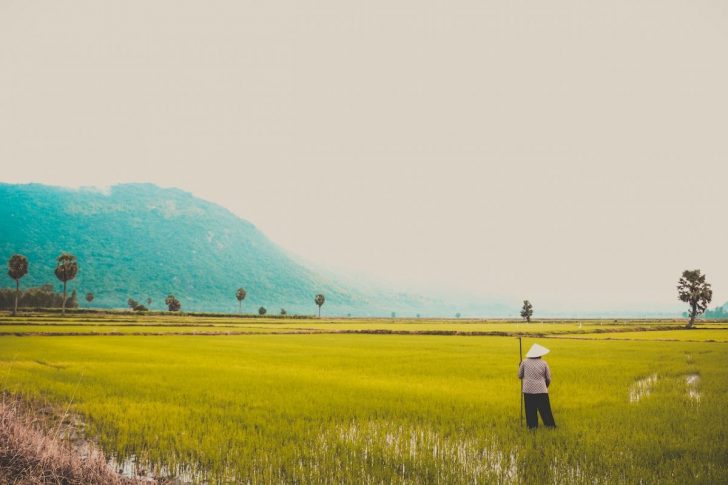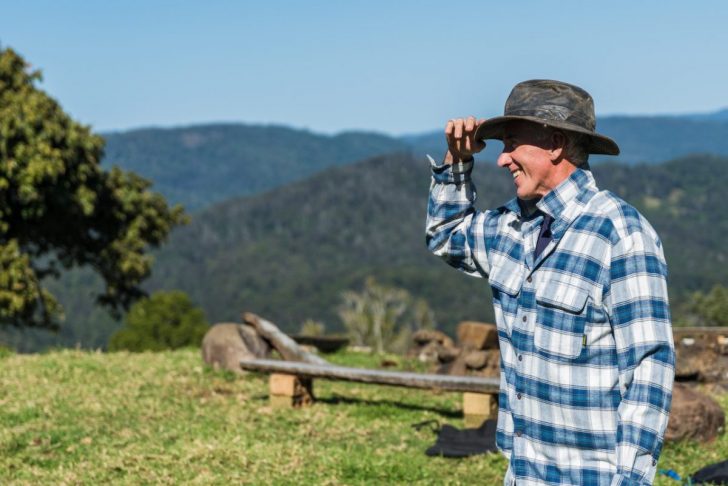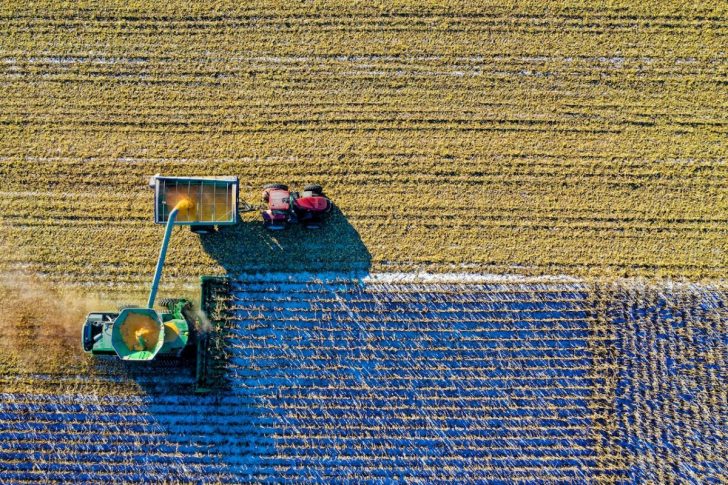Thriving and prospering plant life on agricultural land is the basic foundation for sustainable life on the planet. Human and all living things’ lives depend on the Earth’s wellbeing and the sustenance of our oceans. As it stands, plants are responsible for 80% of our daily diet and humans, while forests cover 30% of Earth’s surface. They provide vital habitats for millions of species and wildlife animals while providing important sources such as clean air and water that are all crucial for our climate. From the air we breathe in, the water we drink, and the food we eat, it’s the forests that sustain us.

Over 1.6 billion lives depend on forests for their livelihood, and almost 75 percent of the world’s poor are affected by land degradation. While humans are the main part of the ecosystem, they have also caused severe damage to the earth and the climate through deforestation, loss of natural habitats, land degradation, and pollution. To protect and restore all these lands for future generations, it is necessary to promote sustainable use of our ecosystems and preserve biodiversity.
How the farmers are promoting life on land
The United Nations Environment Programme (UNEP) has built the Sustainable Development Goal (SDG) to protect, restore and promote sustainable and eco-friendly use of terrestrial ecosystes. Reports have suggested that about 80% of our agricultural land has been a victim of degradation.
The degradation issue is more severe in Africa than in any other continent. This is because the livelihoods in the regions of Africa are highly dependent on natural resources such as forests and agricultural products. With the increasing human population, agricultural land, forests and woodland has been increasingly cleared off.

Numerous other small projects such as Save Our Environment Foundation and Climate Smart Agriculture have been initiated to promote sustainable land management practices such as soil fertility improvement techniques. These techniques include composting, mulching, crop residue management, and shifting cultivation. Other interventions also include crop rotation, manure management, organic fertilizers, and household composting.
Promoting land online
Recently two young lads from Scotland sold their farm through their Instagram with more than 3,000 followers. Karatina Macarther, aged 25, shared details of her life and her family on their 100-acre farm in Nairn, near Inverness. They shared their “young farmer problems” and insights into their home and stocks.

They acknowledge high maintenance of the land and non-economic profits, but they also emphasize that their story and weekly updates of the farm attracted attention, and people have now started discussing the importance of protecting and preserving the land.
Preservation helps to protect the environment from harmful human activities with the increasing demand for exploited resources while conversing the land through the responsible use of natural resources. While conversing such open spaces can provide habitats for native plants and animals, it can also help to enhance the ecosystem services and protect unique geological features.
